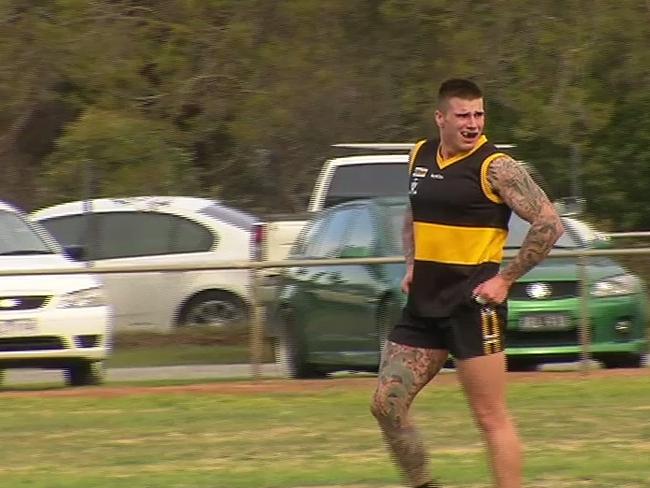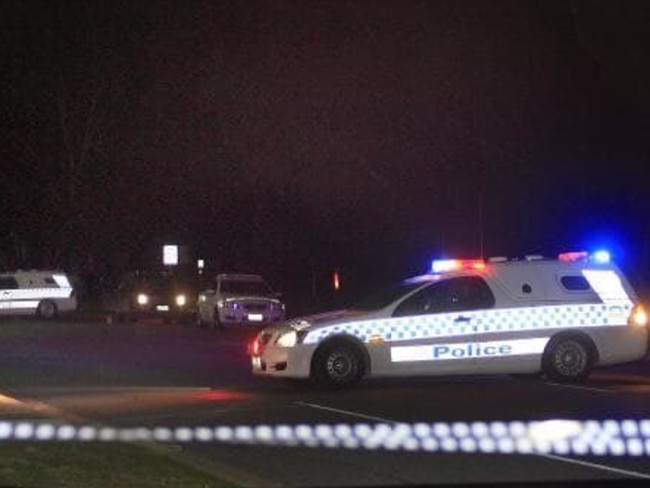Society has lost the will to get tough on people who commit crimes, writes Katie Bice
SOCIETY wants people to take responsibility for their actions but what happens when they don’t? Not enough, writes Katie Bice.
Opinion
Don't miss out on the headlines from Opinion. Followed categories will be added to My News.
ACTIONS are supposed to have consequences. It’s what stops us all behaving like animals.
If we speed, we are fined. If we commit a crime, we go to jail. If our kids act up, we punish them.
But it seems we don’t have the stomach for following through with our threats.
Or worse, we’ve become so concerned about upsetting the perpetrators and their rights that we are paralysed.
ONE-PUNCH KILLER DYLAN CLOSTER ON DAY RELEASE TO PLAY FOOTY
CCTV INSTALLED AFTER DEATH OF DAVID CASSAI
ONE-PUNCH KILLER SENTENCED OVER NYE DEATH

Kids have a tantrum and their parents give in because it’s the path of least resistance.
It breeds brats who expect to get what they want — and it’s up to teachers to sort out the mess.
Teens behave badly — robberies, carjackings, even murders — but we are so focused on their rehabilitation that they do as little time behind bars as possible.
Last week we were all horrified by one-punch killer Dylan Closter being out on day leave while serving a manslaughter sentence.
That a group of allegedly smart people believe day release is a good idea proves we’ve lost our marbles. If jails don’t follow through on their punishments, where does that leave us?
We complain that no one takes responsibility for their actions. But maybe it’s because we don’t force them to.
Accountability has evaporated because the world only wags its finger asking people to, please, not do that again.
When we look for the reasons behind African teens behaving like they did in Taylors Hill on Wednesday, the fact they push or ignore boundaries seemingly without consequence is part of the problem.

Organised “fights” are a teen issue that transcends racial background. But the issue is their disrespect for authority and that the presence of police was not enough to disperse the crowd.
Instead, in a commander’s own words, it became “quite clear to us the intent of the group was to escalate the public order threat”.
They weren’t afraid of what the police might do with them.
Arrests and charges will no doubt follow for the few who engaged in the worst behaviour.
But what about those who, while not committing offences, scared an entire neighbourhood?
There should be an effort to identify as many as possible, with the help of the school whose uniform some were wearing. They should be punished by their schools or parents with the supervision of some of the community advocates who say they are working with police to address the gang culture.
Katie Bice is Sunday Herald Sun Deputy Editor


